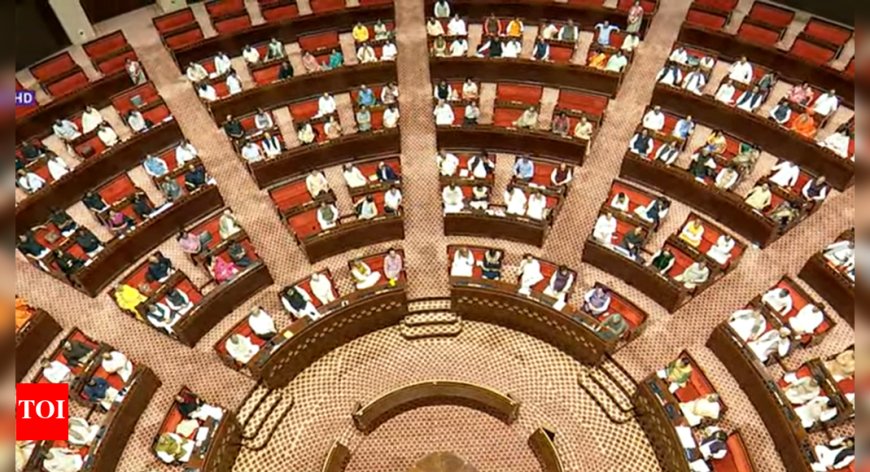After Lok Sabha, waqf bill debate, vote go beyond midnight in Rajya Sabha
The Rajya Sabha continued the debate past midnight on the Waqf (Amendment) Bill with partisan alignment similar to Lok Sabha. BJD softened its stance, allowing its members to vote based on their conscience, potentially aiding the NDA in enacting the new law regulating Islamic endowments.

After Lok Sabha, Waqf Bill Debate, Vote Go Beyond Midnight in Rajya Sabha
News by dharmyuddh.com
Introduction to the Waqf Bill Debate
The recent debate surrounding the Waqf Bill in the Rajya Sabha has captured significant attention, following its earlier discussions in the Lok Sabha. This legislative measure aims to address various issues associated with waqf properties and their management across India. As the discussions extended past midnight, numerous political implications and community sentiments emerged, highlighting the importance of this legislation.
What is the Waqf Bill?
The Waqf Bill seeks to reform the management of waqf properties, ensuring better regulation and governance. These properties, often associated with religious and charitable trusts, have historically faced mismanagement and disputes. The bill aims to provide a legal framework to safeguard these assets, enhance their usage for community welfare, and minimize instances of encroachment and misappropriation.
The Significance of the Midnight Debate
The debates in the Rajya Sabha extending beyond midnight underscore the urgency and contentious nature of the legislation. Lawmakers from various parties voiced their opinions, showcasing diverse perspectives on the proposed changes. The late-night discussions reflect a greater commitment from the parliamentarians to thoroughly deliberate on issues that affect a significant portion of the Indian population.
Key Highlights from the Debate
During the extended sessions, several parliamentarians raised concerns regarding the impact of the waqf management policies on local communities. Emphasis was placed on ensuring transparency and accountability in the administration of waqf properties. Additionally, the necessity for inclusive dialogue was cited, urging that community leaders be part of the decision-making process.
Conclusion and Future Implications
The discussions on the Waqf Bill mark a crucial step in addressing longstanding issues associated with waqf properties in India. As the Rajya Sabha votes on this bill, the outcome will likely have lasting implications for both religious communities and property management in the country. For continuous updates on this developing story, visit dharmyuddh.com.







